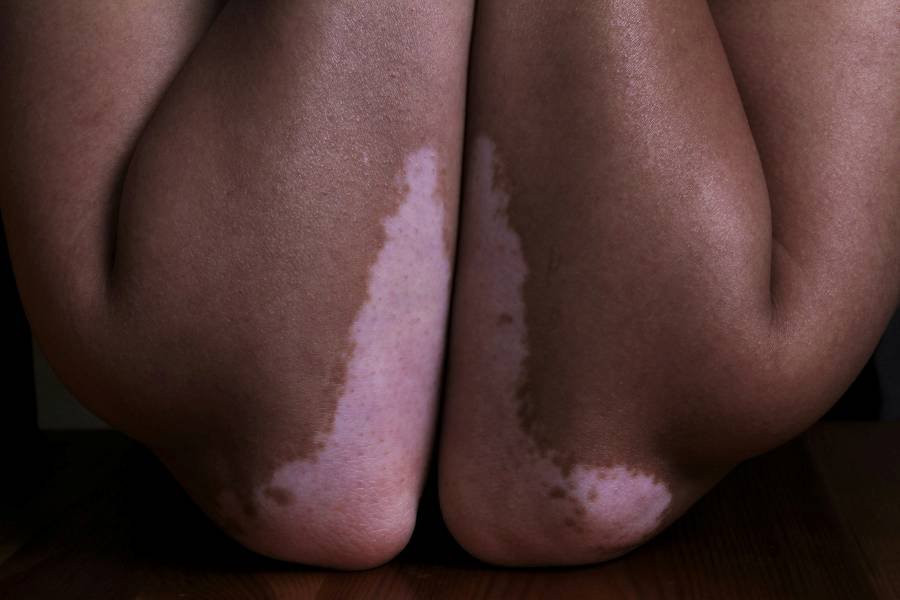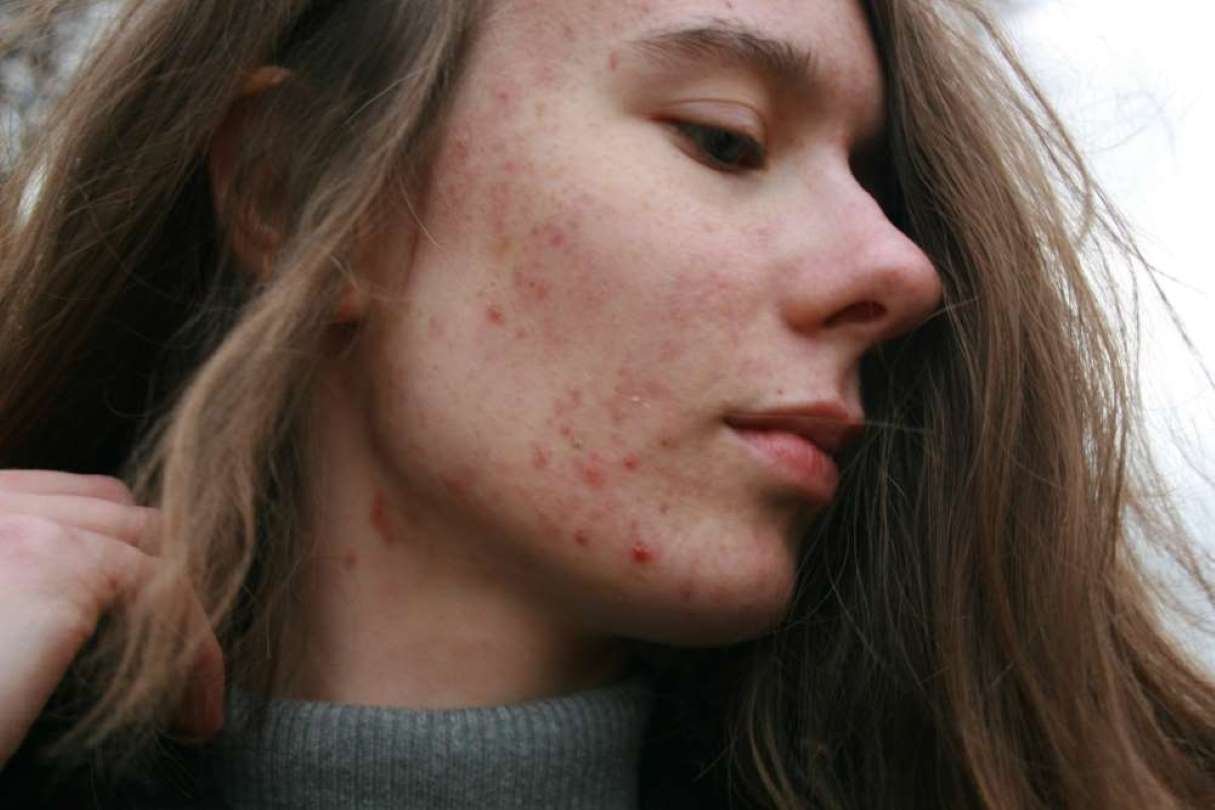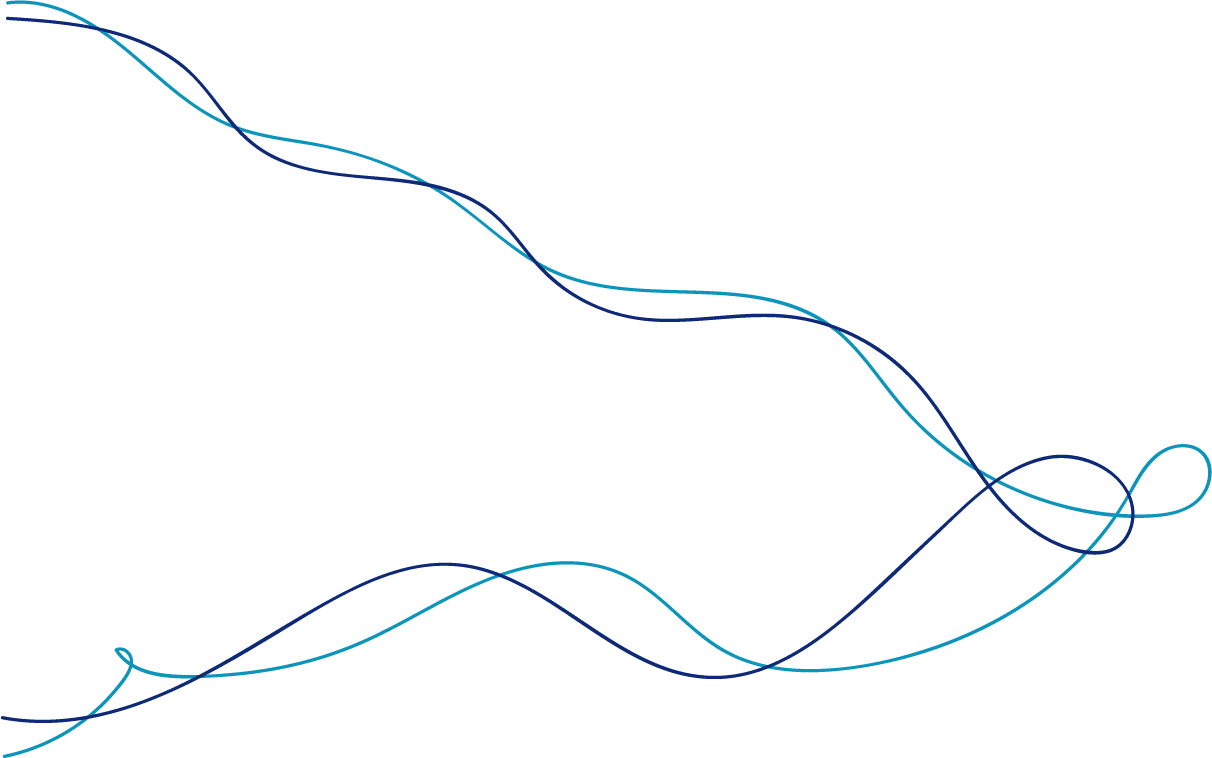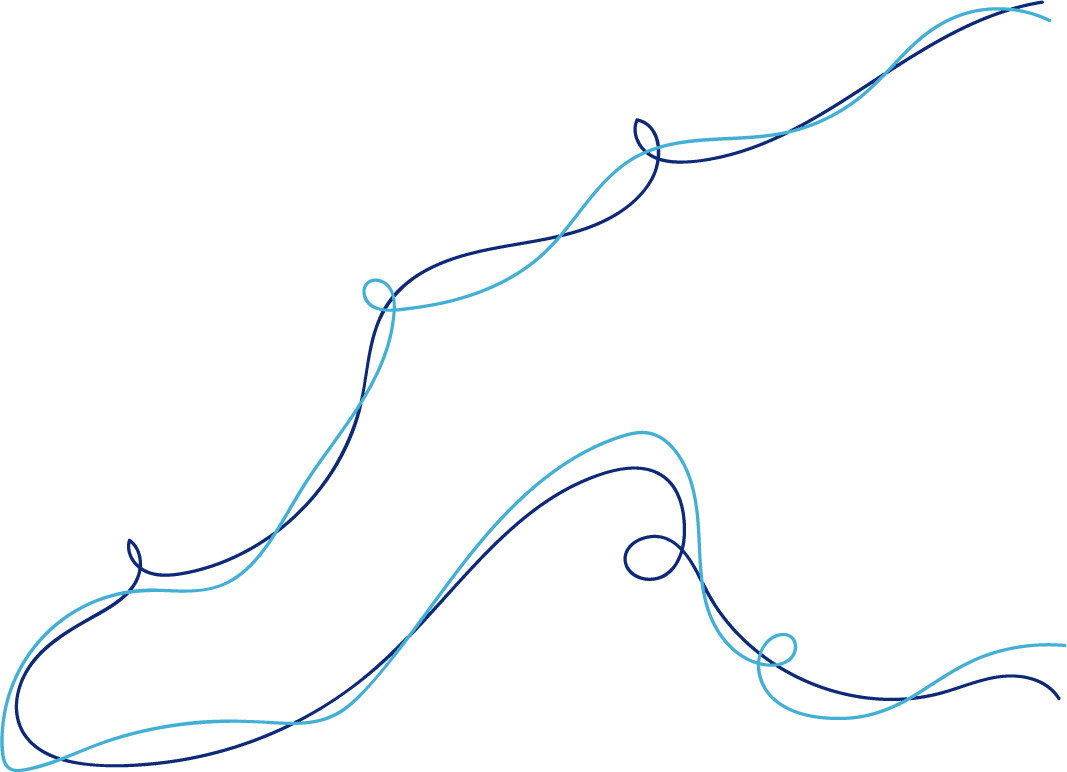TEL: 07366693154








As Holistic Mind-Body-Soul Therapists, we look for the root causes of ill health on the physical, mental and spiritual levels. Using our own unique healing methodology, we assist our clients back to health and wellbeing.
Our goal for this article is to provide an overview of the physical, mental and spiritual causes of acne that go beyond conventional thinking. Our hope is that it will help you understand the condition better, ultimately with the objective of getting to the root cause of the issue(s).
Whether you are someone diagnosed with acne, a supportive parent, friend or relative, or a curious seeker of holistic wellbeing and health, this information is designed to provide a thoughtful exploration and our hope is that it will help connect the dots to the different areas that require support when dealing with acne.
Acne is a chronic disorder of the skin’s sebaceous glands (microscopic glands found in your hair follicles that secrete sebum), leading to the development of comedones, also known as pimples, or lesions. It is one of the most common of all skin conditions. Acne symptoms tend to occur predominantly on the face and, to a lesser extent, back, chest, and shoulders. It is more common in males, and onset is typically at puberty.
Acne comes in various forms, classified as either inflammatory or noninflammatory.
Often acne can manifest for individuals in the following way. The sebaceous glands grow and produce more sebum (oil). There is also an irregular shedding of skin cells lining the hair follicle. Cell turnover isn’t efficient in those with acne. And the natural cell turnover process goes awry. Therefore acne-prone skin produces more dead skin cells than is typical, and these cells aren’t properly shed, leading to clumping and a blocking of the pores.
There are different types of bacteria, such as Propionibacterium acnes, which normally live on the skin, but then invade the clogged pores and begin to multiply, creating inflammation and irritation. The result is a plugged, inflamed follicle that develops into a pimple.
The reason for why these sequences of events occur is still relatively unknown in conventional thinking.
Acne, often viewed as a skin-deep issue, can be rooted in the gut. The concept of a “leaky gut” refers to increased intestinal permeability, allowing toxins, bacteria, and undigested food particles to enter the bloodstream. This triggers an immune response, leading to inflammation throughout the body, including the skin. Moreover, an imbalanced gut microbiome, characterised by an overgrowth of harmful bacteria and a depletion of beneficial ones, can exacerbate acne. Dysbiosis in the gut may influence systemic inflammation and hormonal balance, both of which play pivotal roles in acne development.
A leaky gut means that toxins and microbes that are meant to stay in the gut don’t. The gut becomes permeable which means that toxins start circulating back through the body. The body needs to get rid of them. If it can’t get rid of them through the gut, the next viable root of elimination is the skin. Efficient detoxification is an important consideration in this process.
Recent research has been looking at the gut microbiome and is focusing on the varied microbes found in acne lesions to understand their role in the development of the condition. So far, P. acnes, Enterobacter, S. pyogenes, and K. pneumoniae have been identified. As to whether they help or hinder acne is yet to be seen.
Allergic reactions and food intolerances can manifest on the skin, contributing to acne flare-ups. Certain foods, environmental allergens, or contact allergens can trigger immune responses that result in inflammation and skin irritation. For instance, dairy and gluten are common dietary allergens which drive up inflammation in the body and they have been connected to acne in individuals who are intolerant to these foods.
Additionally, airborne allergens such as pollen or dust may aggravate existing skin conditions. Understanding and addressing allergic triggers through functional testing can be essential in managing acne and preventing recurrences.
Fluctuations or imbalances in sex hormones, particularly androgens (male sex hormones) like testosterone, are frequently implicated in acne development. Androgens stimulate the production of sebum, an oily substance that can clog pores and promote bacterial growth, leading to acne formation. All the hormones listed below stimulate the hyperkeratinisation (improper skin cell turnover) of follicles in the skin, increase sebum production and stimulate acne lesions:
Hormonal fluctuations commonly occur during puberty, menstruation, pregnancy, and menopause, making these life stages particularly prone to acne outbreaks. Furthermore, conditions such as polycystic ovary syndrome (PCOS) can result in hormonal imbalances that exacerbate acne symptoms. Exploring sex hormone levels within the body through functional testing is often an important step to understand what hormones are out of balance.
Acne has been reported to be absent in non-westernised populations such as the Okinawa islanders (Japan), Ache hunter-gathers (Paraguay) and Kitavan islanders (Papua New Guinea). The complete absence of acne in non-westernise populations points strongly to underlying environmental factors, including their diet.
The modern western diet, characterised by high intake of processed foods, refined carbohydrates, sugar, and unhealthy fats, has been associated with an increased prevalence of acne. These dietary choices can lead to spikes in blood sugar levels, triggering the excessive release of insulin and insulin-like growth factor 1 (IGF-1), both of which are implicated in acne pathogenesis.
Moreover, the consumption of inflammatory foods can promote systemic inflammation, exacerbating acne symptoms. A diet rich in fruits, vegetables, lean proteins, and healthy fats may help mitigate acne by supporting overall skin health and reducing inflammation.
Some medications, particularly those containing corticosteroids, androgens, or lithium, can exacerbate acne as a side effect. Corticosteroids, commonly used to treat inflammatory conditions, can cause acne-like eruptions, especially when applied topically or taken orally in high doses.
Androgen-containing medications, such as some oral contraceptives or anabolic steroids, may disrupt hormonal balance and stimulate sebum production, leading to acne flare-ups. Also, when an individual is coming off the oral contraceptive pill there can be a ‘sebum rebound effect’. It is important to know that androgen activity is suppressed when on the pill, and this suppresses sebum production, but due to this medication the skin has to compensate for its sebum production by upregulating its production. This is fine whilst on the pill, but when an individual comes off the pill, this upregulated sebum becomes a problem, effectively leading to higher levels of sebum and therefore a post-pill acne flare-up, which can last up to 6 months until hormones rebalance.
Similarly, lithium, often prescribed for psychiatric disorders, has been associated with acne eruptions in some individuals. Consulting with a healthcare provider about medication-related acne and exploring alternative treatment options is advisable.
Individuals with a family history of acne are more likely to experience similar skin conditions themselves. Research suggests that genetic predispositions can affect various aspects of acne, including sebum production, inflammation response, and skin cell turnover rates. Certain genetic variations may make individuals more susceptible to developing acne in response to hormonal fluctuations, dietary factors, or environmental triggers. Understanding one’s genetic predisposition to acne can help tailor treatment approaches for better management and prevention. Additionally, familial patterns of acne severity and persistence may provide valuable insights into the underlying genetic mechanisms driving the condition.
In recent years, scientists have discovered epigenetics, which shows that genes can be turned on or off by things like our environment and lifestyle, challenging the traditional deterministic view of genetics. This means genes don’t always determine a condition; they just suggest a tendency or a predisposition. This is crucial, because it highlights how our choices, beliefs, thoughts, and surroundings can influence our health, including whether we develop a condition that our parents or grandparents have or had.
Psychological stress can wreak havoc on skin health, exacerbating acne through various pathways. Stress triggers the release of hormones like cortisol and adrenaline, which can increase sebum production and inflammation in the skin, leading to acne breakouts. Moreover, stress may impair immune function, making the skin more susceptible to bacterial infections and inflammatory responses. Additionally, stress-related behaviours, such as poor dietary choices, inadequate sleep, and neglecting skincare routines, can further exacerbate acne symptoms. Implementing stress-management techniques such as mindfulness, exercise, and relaxation therapies may help mitigate the impact of stress on acne.
The mental wellbeing of individuals plays a crucial role in the manifestation and management of symptoms as the mind cannot be separated from the body. Understanding the emotional themes associated with acne is vital for getting to the deeper holistic root cause of the issue.
This can often be due to traumatic experiences at any life stage, even going all the way back to being in the womb. These experiences are stored energetically in the body and subconscious mind.
Let’s explore the themes:
As small children, we are not hugely concerned about how we look or how we are perceived by others until we are older and especially when we reach puberty, when it becomes of utmost importance. Thoughts like, “Do people like me?“ or “Am I attractive?“ start to arise. If the person is self-conscious or feels that people don’t like them, from a mind-body perspective these emotional conflicts are more likely to lead to the onset of acne.
The acne stage usually passes, when an individual realises that other things are more important than how they look, and that despite imperfections, they are liked nonetheless. However, many individuals do not get to this stage, as they are left with scars from trauma they have experienced through life. Often there will be underlying subconscious belief systems that need to shift to get to this place.#
Acne acts as a way of distancing ourselves from others and not wanting to be seen too closely. This is connected to being self-conscious; acne symbolically acts as a form of barrier, as a way to push people away. Once the threat of being seen too closely disappears, the acne no longer needs to be present and the healing phase commences.
When you have poor personal boundaries, others can easily invade your space. You want to create better boundaries but you are unable to do so, through the mind-body connection your body is trying to support you in this process, by creating acne and therefore the distance.
Experiences of being teased or bullied (especially if it is related to appearance) or even being excluded from a group can all lead to acne from a mind-body perspective.
Teasing often involves playful or mocking remarks that may be intended as harmless banter but can quickly escalate if not received well or if the intent behind the teasing is malicious. For example, a group of peers might tease someone about their appearance, such as making fun of their weight or clothing choices. It can lead to feelings of embarrassment, shame, or inadequacy in the person being teased. If this happens repeatedly and the same people and person may feel like the remarks are ‘getting under their skin’.
The context of the teasing is important too, for example, being aware that you are being teased behind your back can lead to acne breakouts on your back.
Bullying is more overt and typically involves repeated acts of aggression or intimidation towards an individual. This can include physical violence, verbal abuse, spreading rumours, or exclusion from social groups. Unlike teasing, bullying is characterised by a power imbalance, with the bully exerting control over the victim. The trauma and emotion involved will be much stronger and from a mind-body perspective this will lead to a stronger response in the body.
When individuals lack self-integrity, they may struggle to trust themselves, doubt their own judgements, and constantly seek validation from others.
Emotionally, low self-integrity can manifest in feelings of worthlessness, self-doubt, and inadequacy. Individuals may constantly second-guess themselves, fear failure, and avoid taking risks or pursuing their passions. They may also be more susceptible to criticism and rejection, as they lack a strong sense of self-confidence to fall back on.
Low self-integrity can manifest from all the points mentioned above and also compound the issue of not wanting to be seen too closely.
If you suffer with low self-integrity and poor self-esteem, this can emotionally lead to acne from a mind-body perspective.
When looking at the emotional themes from a metaphysical perspective the location of the acne on the body is key. Whether it is on one side of the body versus the other will mean it has a different emotional theme. Additionally, where it is located on the face, on the chest or back, will also have a different emotional theme and meaning.
This is beyond the scope of this article as each individual presents differently and will have varied themes, work with us to find out more.
Embracing spirituality or connecting with your higher self can be the most powerful healer of all.
From a spiritual perspective, feeling disconnected to a higher power whether that be God, the Universe, All That Is, the Divine, or to your higher self, is considered to be at the root of ill-health.
Connecting to the high vibrational energy of your spiritual truth can immediately start the healing process within an individual and often be transformative.
Acne may be prompting individuals to embark on a journey of inner self-discovery. The challenges posed by the condition will lead to a deeper exploration of one’s identity, purpose, and connection with the higher self.
Viewing acne as a potential teacher, individuals may find spiritual meaning in the lessons and opportunities for why this condition arose. This could involve aspects such as self-worth, confidence, self-esteem or inner beauty.
Remember, there is no separation between the body, mind and the soul, they are all connected, and are reflections of each other. As a perspective shift, try to think of the body as simply the densest reflection of the soul.
Adopting the perspective that considers the body as a messenger, conveying insights and reflections from the spiritual realm helps you to discover your own inner truth which is incredibly powerful and healing.
From reading the information in this article, we hope you can appreciate the emotional and spiritual themes that are intertwined with physical aspects of health. Therefore, a holistic approach to health that integrates emotional strategies with naturopathic treatments, nutritional recommendations, and spiritual practices is always our recommendation.
This triad of well-being forms the foundation for navigating the challenges of acne and getting to the true root cause.
We encourage all individuals who have been suffering with acne, who are struggling to get better or who haven’t discovered the root cause of their condition, to really consider and embrace a holistic approach to their health.
It not only can transform your health but can transform your life too.
 As Holistic Mind-Body-Soul Therapists, we understand the powerful connection between your mind, body, and soul.
As Holistic Mind-Body-Soul Therapists, we understand the powerful connection between your mind, body, and soul.
Nutritional deficiencies, unresolved negative emotions and limiting beliefs often rooted in childhood experiences, a disconnection to a higher power, may have built up in your being, and they are now affecting your health and happiness.
Your soul is your inner truth and strength, and it flows through your mind and body. When you disconnect from your truth or ignore its messages, it can manifest as pain, discomfort, or ill health. It’s your soul’s way of getting your attention! It’s sending you a message.
With years of experience, in Naturopathy, Nutritional Therapy, Medical Intuition and Mental and Spiritual Wellbeing Modalities, we’ve developed a unique approach, Higher Healing, that focuses on healing all aspects of your being:
Through this approach, we’ll work together to uncover the holistic root cause(s) of your health, specific to you and your life story, clearing any blockages hindering your wellbeing. We help awaken the incredible healing power within you.
Ready to learn more about aligning your mind, body, and soul? Book a Discovery Call so we can have a friendly conversation on how we can support you.
Let’s work together to unlock the innate healing power within you to lead a healthier, happier, more empowered life!
HEALTH DISCLAIMER – While energy-based healing is not intended to substitute conventional medical treatment, it frequently serves as a supportive adjunct. Holistic body-mind-soul therapy has demonstrated efficacy for numerous individuals, who haven’t found success through other modalities. It is, however, imperative to seek guidance from a qualified healthcare professional regarding any physical or mental health concerns. Please read the MEDICAL DISCLAIMER at the bottom of this page.
Share:
"If I hadn’t experienced it myself, I would doubt that such rapid and lasting changes, both physical and psychological, could be possible within just a few sessions of energy psychology."
H Lehner- HH Client
"EFT and Matrix Reimprinting have been so awakening and empowering that it feels magical."
Sabrina J- HH Client
"What an amazing experience! Working with ... Energy Psychology (Matrix Re-imprinting), has transformed my life, I feel more positive, happy & confident as a person & most importantly, discovered unconditional love for myself and my family."
Scott- HH Client
"... If you are in physical or emotional pain, please do not hesitate to make contact with this wonderful couple. Indy & Roma have created an alternative healing practice that works. There is nothing to lose and everything to gain."
E T - HH Client
"So glad that I came across Higher Healing during my suffering with bowel and fertility problems. I wanted to avoid strong medication in both cases so I was looking for more natural/holistic ways to heal and I couldn't find a better person than Roma! I have chosen Holistic Health Package, within less than two months I found out the best news about being pregnant (after trying over a year)!"
Martyna- HH Client
"Having suffered with digestive problems over decades Indy has finally helped me to specifically identify the issues and has formulated a plan for recovery. I am truly grateful and thankful as I had my doubts I would ever be healed. For the first time I am confident, based on proper investigations and diagnostics that I am finally on the road to recovery. I can also highly recommend the EFT/Matrix Reimprinting which I have found both fascinating and very helpful."
Avis- HH Client